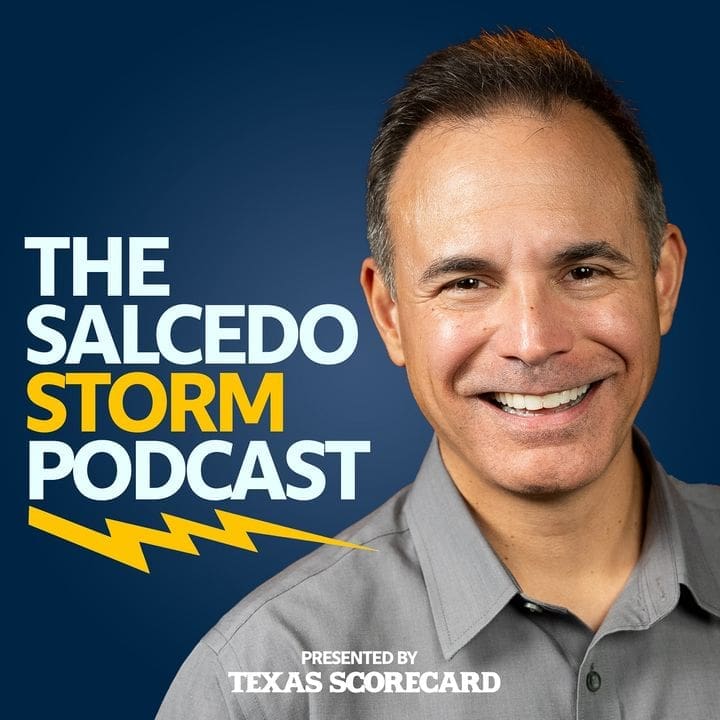So lots of money is spent lobbying Texas state legislators. And that, we are told, is a bad thing. Left unconsidered is why so much is spent in the first place. The answer? Government’s power over your land, your home, your business, your wallet, your children, and your health. It is power that is substantial and growing each time lawmakers meet.
The San Antonio Express-News is today running a breathless piece detailing the amount of money spent lobbying the Legislature.
As the amount of power concentrates in one place — such as under the Capitol Dome — there are more and more interests seeking to influence it. Some want to use the concentrated power of government to transfer wealth, others to take land, to punish competitors, or otherwise distort the market.
Others become drawn in, compelled to spend money lobbying government “defensively,” protecting their wealth, property or business from the encroachment of government.
So if one is truly concerned about the amount of money spent lobbying government, there are two ways to control it.
The first is the way generally promoted: restrict how much can be spent, limit the number of dollars lobbyists can expend.
The more lasting method is to control how much power government exerts. When government is strictly limited, there become fewer reasons to spend large sums of money in trying to influence legislators.
But liberal activists like Public Citizen of Texas, who say they want to “clean up” the legislative process, don’t really want to limit government power. They tend to like big government, so their dislike of the “corrupting” influence-buyers creates an intractable problem. Because they consent to the limitations on liberty that comes with big government, they can only further limit liberty by limiting access to the machinery of government.
A great deal of “lobbying” goes on by governmental entities. Consider how much cities will spend asking the legislators to give them new taxing authority. Consider the time and money expended by universities, program administrators and agency bureaucrats to seeking to enlarge their budgets and extend their power.
From choice seats at the state university football stadiums to long-lines of employees camped outside legislators’ doors, taxpayers directly and indirectly foot the bill for a great deal of lobbying against them.
But none of that is counted in the cries about the manufactured crisis of “lobbying” expenditures.
The “limit the lobbyists” method fails, and fails repeatedly. The net effect, of course, is shown in glowing Technicolor in Illinois: the pay-offs go underground. People will always find a way to steer the power of government, legally or illegally.
The problem we face in Texas is not the amount of money spent on government; the real problem is the amount of power that is attracting the money in the first place.




